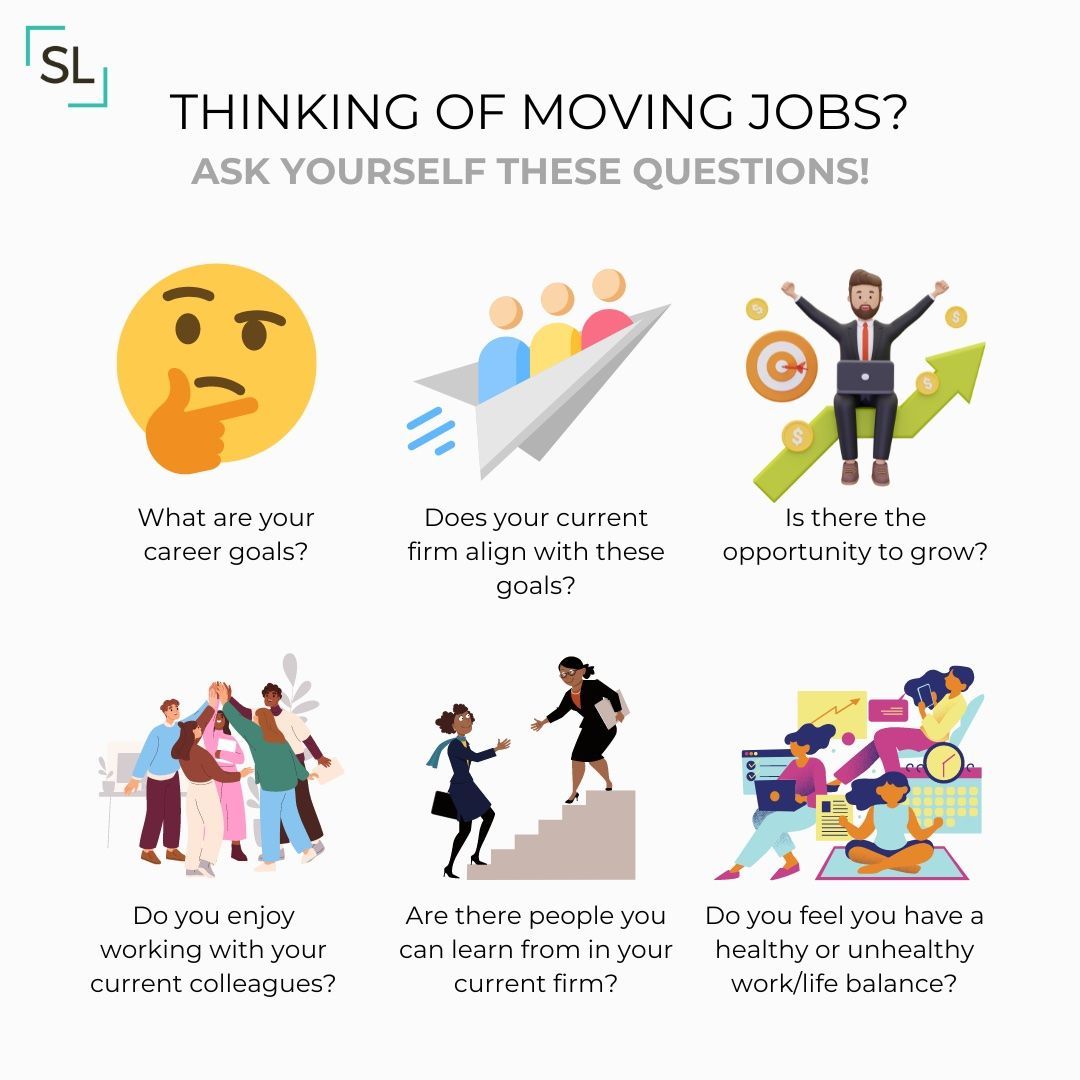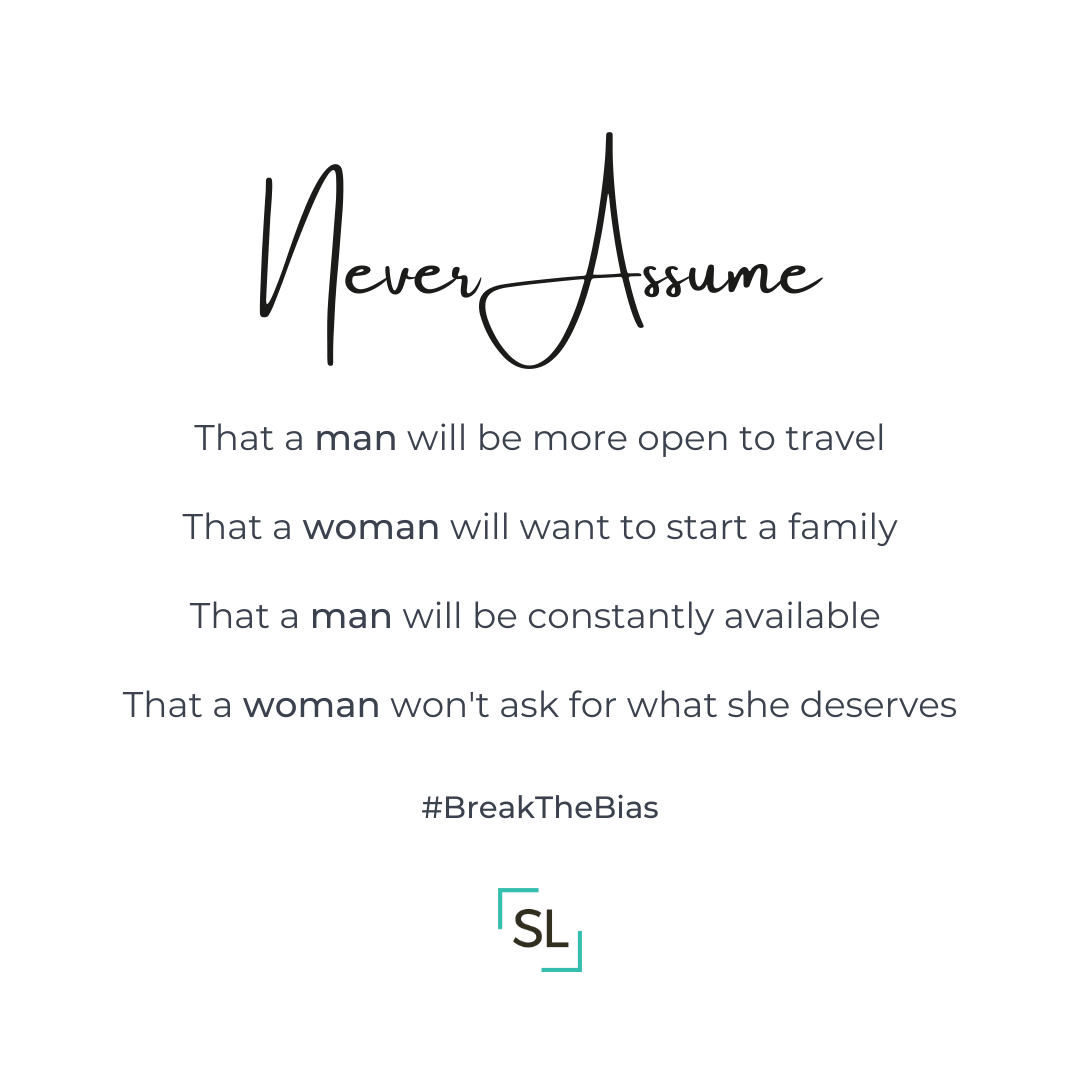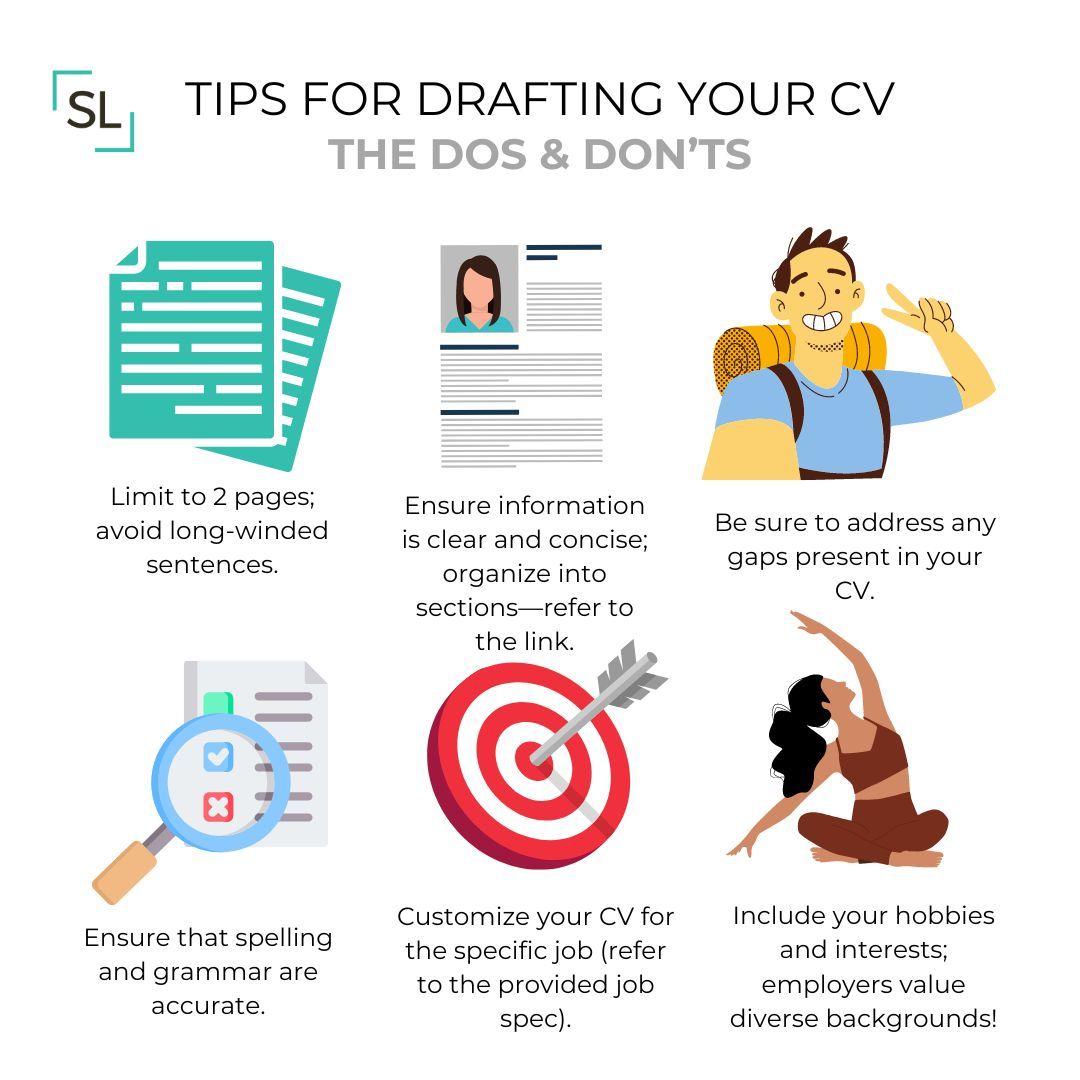Tips For The Perfect CV
As a recruiter, I see many CV's everyday. Although CV's are very subjective and whether you get an interview or not will depend on your experience, many people underestimate the benefit of having a well laid out CV which accentuates what the employer needs to know about you.
Below are a few tips which you can keep in mind when you are drawing up your CV.
Keep the information on your CV clear and concise
CV's don't naturally read that well. They are flat and disjointed (which cannot be helped) however, displaying the data regarding your career in a clear and concise manner will allow you to subtly demonstrate the kind of professional you are. A lot of legal jobs require you to condense large amounts of information into digestible pieces. This is a perfect opportunity for you to demonstrate this skill.
To do this, avoid long winded explanations/paragraphs regarding your career. Use bullet points and short sentences. Break up your CV into sections such as:
- Education or Qualifications
- Career History or Summary
- Skills/Achievements
- Interests or Hobbies
Always keep in mind who is receiving your CV - they could be in HR, a recruiter or head of the firm or company you are applying to. Make it easy to read and obvious in terms of what you are looking for next and keep it to 2 pages ideally. Maximum 3 pages.
Explain any gaps
In my experience, some people avoid noting any gaps in their CV because they don't want to highlight them. However, this is something that will be noticed right away. Life brings up loads of situations where someone might take a break from their career; to travel, to raise a family, to take care of a loved one or to just take some time out. Make it easy for the person receiving your CV and give a very brief explanation for the gap next to the dates eg: May 2019- December 2019 : Career Break. You don't have to give specifics.
ZERO spelling errors
This is a big one. While this can happen in day to day life and can be forgiven, on your CV it is unacceptable. Your CV should be an example of the type of professional you are and should be presented well. Once you have completed your CV, review it a few times and I would encourage you to ask a friend/peer or family member to read over it.
Use the Sections Wisely
This is important. There is no hard and fast rule regarding what layout your CV should take. Generally speaking, whatever format your CV takes, it is important to use the section wisely ie: tailor them to your level of experience, job you want and sector you operate in.
- Education and Qualifications: at NQ/junior associate level your career is still based on the knowledge you have obtained so far. So, it is wise to mention any results you have obtained throughout your studies and up to qualification where appropriate. Make sure to list dates, results and the institution you obtained them from.
- Career Summary: what you choose to share in this section will depend on the level you are at in your career. If you are an associate solicitor, it is taken as a given that you are at a good level in terms of your legal knowledge. What a prospective employer will want to see here is whether or not you can stand on your own two feet. Make sure to mention any deals/projects you have worked on and the level of involvement you had in them. Mention clients where the information is in the public domain or if not, include the sector your clients operate in. This is helpful for in-house roles in particular where you can highlight client sectors in relation to the industry the prospective employer operates in.
- Skills/Achievements: this section can be helpful to junior lawyers where academics are not as strong. This is the chance for you to display other areas of your life where you have excelled (sports awards, tech abilities, languages etc.). Likewise, for someone at Partner level this section can be useful to display your accomplishments in your career so far. At senior level, it is a given that you are technically strong and can stand on your own two feet - what needs to be shown here is how you have established yourself as a leader in your field (Business development skills, Legal 500 mention, publications etc.)
- Interests/hobbies: some people are unsure whether to include this section. It is true that it is not 100% necessary however, there is a benefit in adding it regarding culture fit. Culture fit is hard to determine through a CV but essentially, people want to work with people they like and employers tend to look for well rounded candidates when hiring for their team. This section provides a brief insight into you as a person. I have also found that, at interview stage where the interviewer identifies with one of your hobbies/interests, there can sometimes be a little bit of discussion around it which can lighten the atmosphere.
- References: you can say 'available on request' at this part. Referees are usually consulted at job offer stage so you are entitled to keep your referees confidential at the application stage.
And that's it, the first step of your job search is complete! Generally, your CV will simply come down to whether you are the right person for the job in terms of experience however, the above tips will help you to form your CV in such a way that a prospective employer will want to speak to you. Only then, can you really know if the role is a good fit for you and vice versa.
If you want to talk to me about your CV or receive our standard CV template, get in touch with me by email: megan@shannonlegal.ie.











